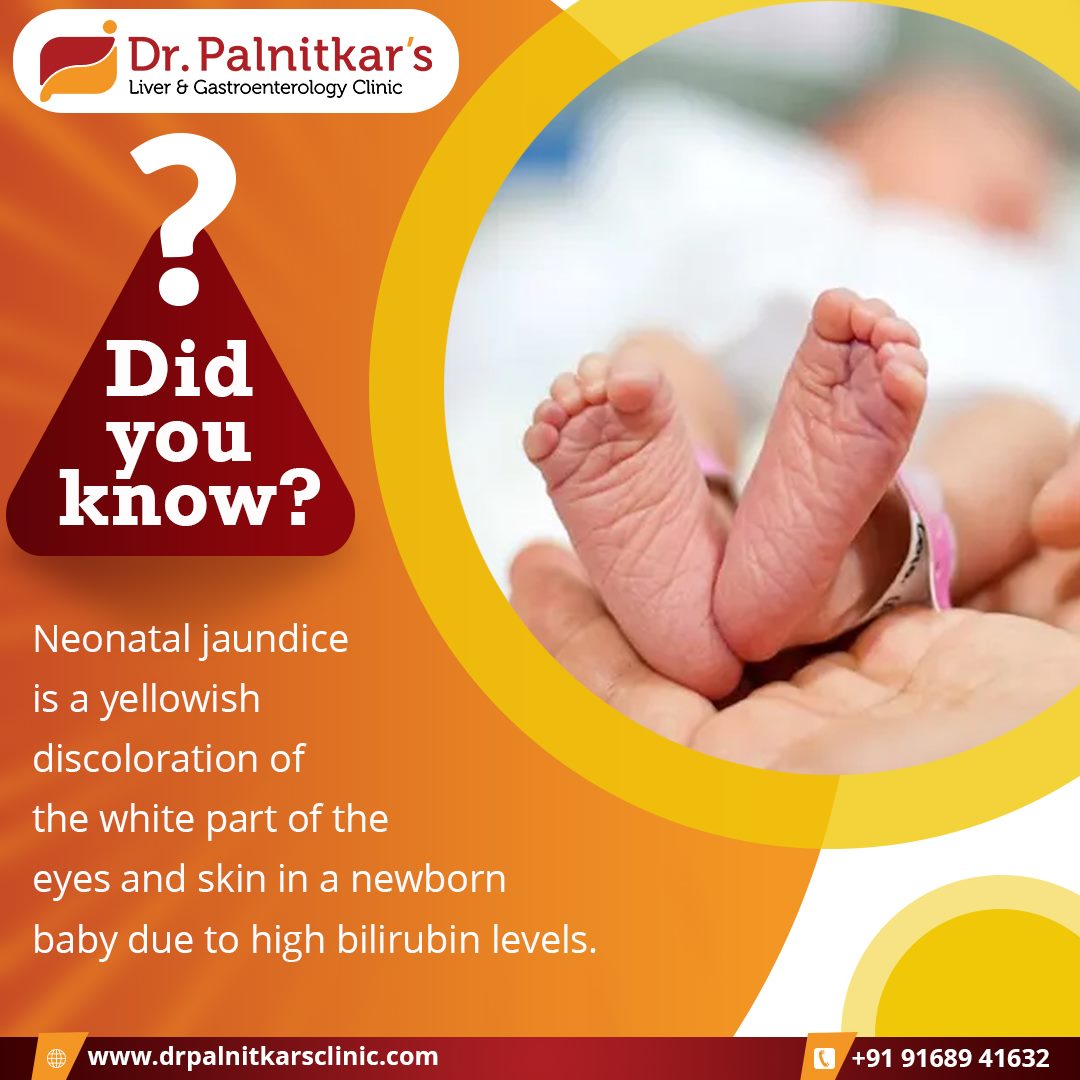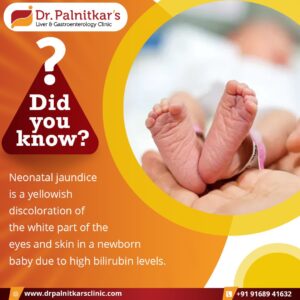How is newborn jaundice treated? Mild jaundice will usually resolve on its own as a baby’s liver begins to mature.
Get more details about Neonatal Jaundice Symptoms
Yellowing of the skin and the whites of the eyes — the main symptom of infant jaundice — normally occurs between the second and fourth day after birth.
To search for infant jaundice, press softly on your baby’s forehead or nose. If the skin looks yellow where you squeezed, it’s possible your baby has mild jaundice. If your baby doesn’t have jaundice, the skin color should simply look slightly lighter than its normal color for a moment.
Examine your baby in good lighting conditions, preferably in natural daylight.
When to see a doctor
Most hospitals have a policy of examining babies for jaundice before discharge
- Your baby’s skin becomes more yellow
- The skin on your baby’s abdomen, arms or legs looks yellow
- The whites of your baby’s eyes look yellow
- Your baby seems listless or sick or is difficult to awaken
- Your baby isn’t gaining weight or is feeding poorly
- Your baby makes high-pitched cries
- Your baby develops any other signs or symptoms that concern you
If you have any signs or symptoms Consult Dr. Sachin Palnitkar he is one of the best Gastroenterologist & Liver specialists in Pune. He has more than the experience of 18 years. He is a skilled doctor in his field of specialization. Dr.Sachin Palnitkar has been awarded Gold Medal in MD Medicine – MUHS.
He worked at Armed Forces (Army Medical Corps) from 2003 to 2008, and from 2012 to 2013 with I C U, and from 2017 to 2017 at Radiation Medicine Center.
Dr. Sachin Palnitkar is trained in one of the pioneer institutes of Liver Transplant in South India for 3 years & practiced there as a consultant gastroenterologist & had real-time experience managing more than 250 liver transplant patients in the span of the last 4 years. During his DNB training, he observed, assisted, and performed all diagnostic and therapeutic GI procedures including gastroscopies, colonoscopies, ERCP, motility studies, manometry, and pH studies.


